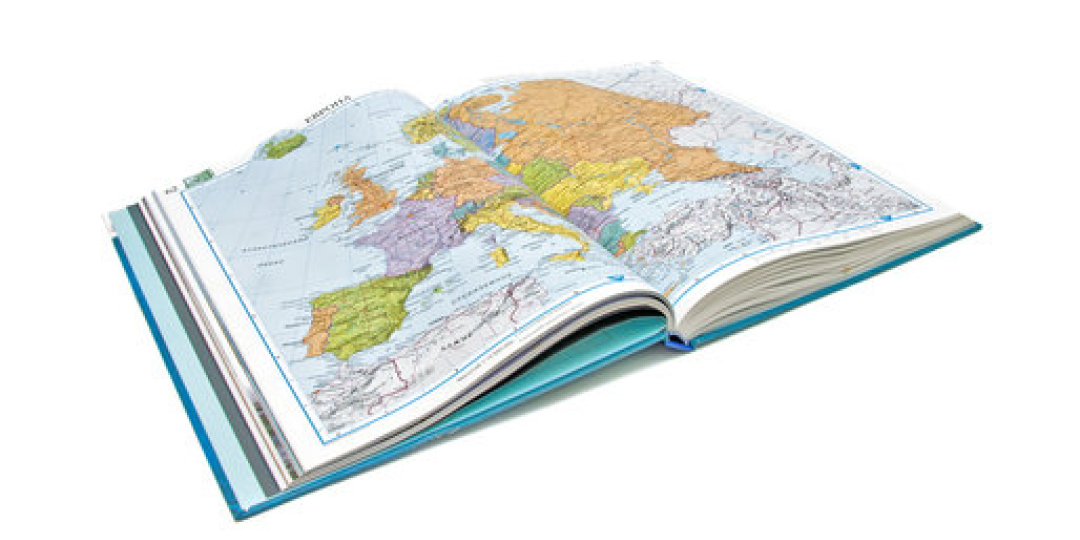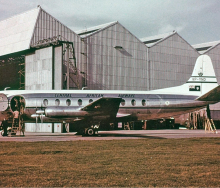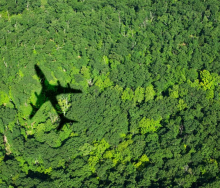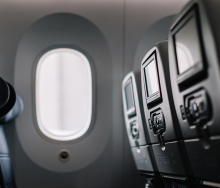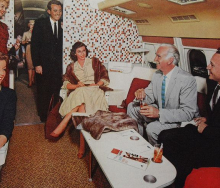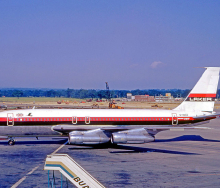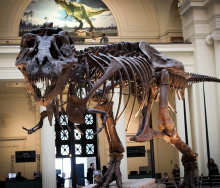The Dinosaur is Richard Beadle.
Beadle writes a fortnightly column about a different time in the industry. The Dinosaur’s themes and observations will be familiar to some, but difficult to imagine for others. Read on…
Putting these articles together has involved a great deal of research and I’ve spent a lot of time looking though old documents and publications for facts and figures from days gone by.
Dusting off the bookshelves, I came across the 1976/77 edition of The Southern African Travel industry’s Yearbook, Directory and Who’s Who. It includes a biographical section where a rather young (and fashionably long-haired) dinosaur is pictured along with some of the leading figures in the industry at that time. I imagine that very few of them are still active in the travel sector and that sadly many of them are no longer with us. Anyone wishing to borrow the publication which makes very interesting reading, is welcome to contact me.
The positive reaction to my previous articles has been encouraging. Simone Signoret was clearly mistaken when she maintained: “Nostalgia isn’t what it used to be”. The recurring theme in comments received from readers harking back to ‘the good old days’, seems to suggest though that the skills required by senior travel consultants in the past are sadly no longer a prerequisite.
Constructing fares manually for a complicated routing using ‘more distant points’ to keep within the ‘MPM’ (maximum permitted mileage) and taking care to avoid an ‘HIP’ (higher intermediate point) was an acquired talent. Clearly an alien concept for today’s travel consultants.
Without the help of Google Maps, a painstaking study turning the pages of an atlas was the only way to find that remote destination that your client wished to visit. This was the case when one of our American clients requested a quote to ‘Stanton’. It took some time for our consultant to find that city in California only to be told that he was in fact looking to book a skiing holiday in St Anton in Austria.
I do hope that my contributions have created interest not only with fellow veterans but also with younger travel agents. I ask myself if, in fifty years’ time they will look back on outdated ‘network infrastructure’ and ‘enterprise connectivity’ with the same nostalgia. I’ve mentioned previously how the use of printed timetables, air tariffs etc was gradually replaced by access to IT systems via a desktop, but we now hear of many organisations migrating to the cloud to reduce dependency on local hardware.
Laptops have become increasingly popular allowing consultants to be mobile and work from home rather than burning the midnight oil at the office to meet a deadline. And so the travel industry will continue to evolve but the importance of human interaction will always ensure that there is a place for the well-trained travel professional. The ability to discuss and co-ordinate a client’s travel requirements will remain as important in the future as it was in the past. Some things never change.

